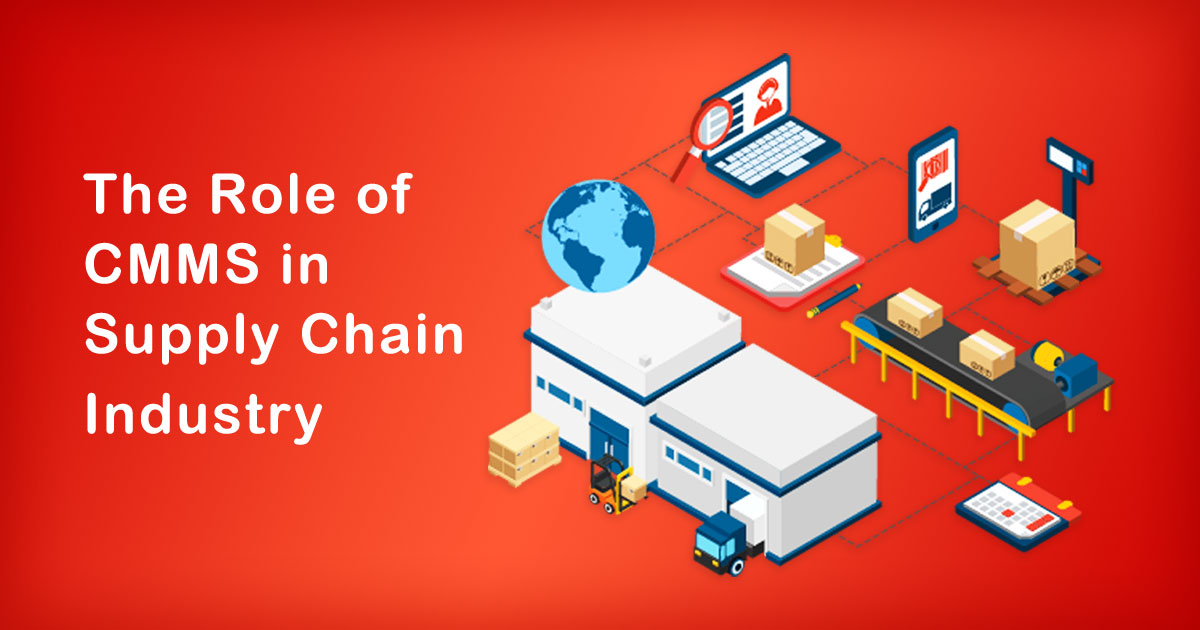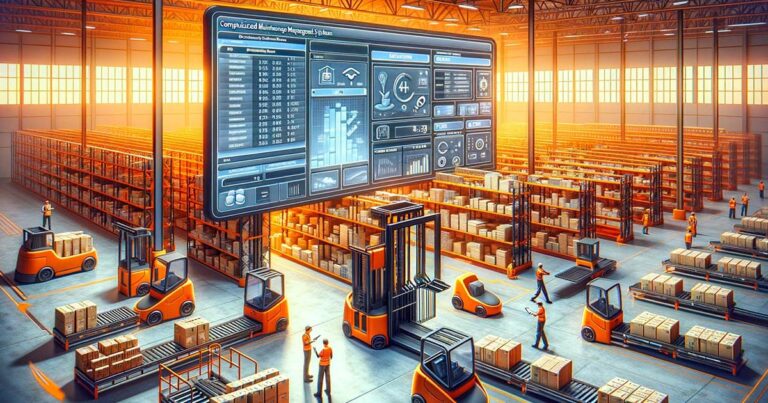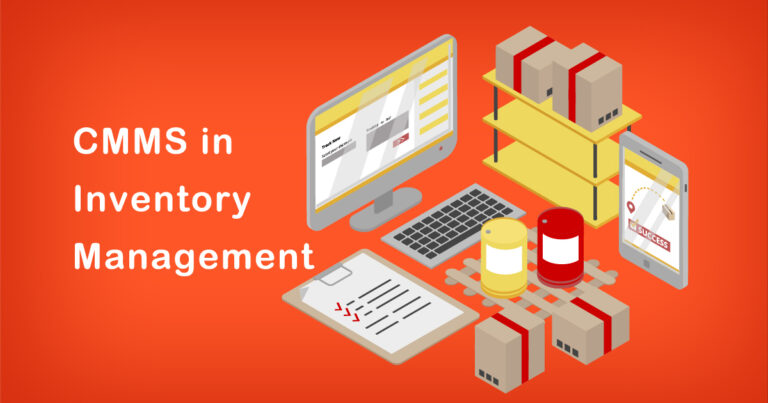Introduction
The supply chain industry plays a vital role in the efficient functioning of various businesses, ensuring the smooth flow of goods and services from manufacturers to consumers. With the growing complexity and scale of supply chain operations, the need for effective management and maintenance has become paramount. This is where Computerized Maintenance Management Systems (CMMS) step in, offering valuable solutions to streamline operations, enhance productivity, and reduce costs. In this article, we will explore the role of CMMS in the Indian context and shed light on its significance in the supply chain industry.
1. Streamlining Maintenance Processes
Maintenance activities are crucial for ensuring the optimal performance of equipment and machinery within the supply chain. CMMS solutions provide a systematic approach to managing and streamlining these maintenance processes. By automating maintenance schedules, tracking asset performance, and generating work orders, CMMS software enables organizations to proactively address maintenance needs, reducing equipment downtime and increasing overall operational efficiency.
2. Enhancing Inventory Management
Efficient inventory management is essential in the supply chain industry to avoid stockouts, minimize excess inventory, and optimize cash flow. CMMS systems play a significant role in inventory management by providing real-time visibility into inventory levels, tracking usage patterns, and generating alerts for reordering. With accurate data at their fingertips, supply chain managers can make informed decisions regarding inventory stocking, ensuring timely availability of goods while minimizing carrying costs.
3. Ensuring Regulatory Compliance
The supply chain industry in India is subject to various regulatory requirements, including health and safety standards, environmental regulations, and quality control mandates. Non-compliance can lead to severe consequences, such as legal penalties and damage to brand reputation. CMMS solutions enable businesses to monitor and manage compliance-related activities effectively. By automating documentation, tracking inspections, and generating compliance reports, CMMS software assists organizations in maintaining adherence to regulations, mitigating risks, and ensuring a smooth flow of operations.
4. Predictive Maintenance and Asset Performance Optimization
Traditionally, maintenance activities were reactive, resulting in unexpected equipment failures and costly downtime. CMMS systems revolutionize maintenance practices by enabling predictive maintenance and asset performance optimization. By integrating with Internet of Things (IoT) devices and utilizing advanced analytics, CMMS software can monitor real-time asset data, detect anomalies, and predict potential failures. This proactive approach allows organizations to schedule maintenance activities in advance, reducing unplanned downtime and extending the lifespan of assets.
5. Streamlined Communication and Collaboration
Effective communication and collaboration are critical in the supply chain industry, involving various stakeholders such as suppliers, manufacturers, distributors, and customers. CMMS software facilitates streamlined communication by providing a centralized platform for collaboration. It allows stakeholders to access relevant information, track progress, and exchange updates in real-time. This seamless communication fosters transparency, reduces delays, and enhances overall coordination across the supply chain.
Conclusion
In today’s dynamic supply chain landscape, the implementation of CMMS systems has become essential for businesses operating in India. By streamlining maintenance processes, enhancing inventory management, ensuring regulatory compliance, enabling predictive maintenance, and promoting seamless communication, CMMS software empowers organizations to optimize their supply chain operations. The benefits of CMMS extend beyond cost reduction and operational efficiency, enabling businesses to gain a competitive edge in the market. As the Indian supply chain industry continues to evolve, embracing CMMS technology will undoubtedly play a crucial role in shaping its future success.








